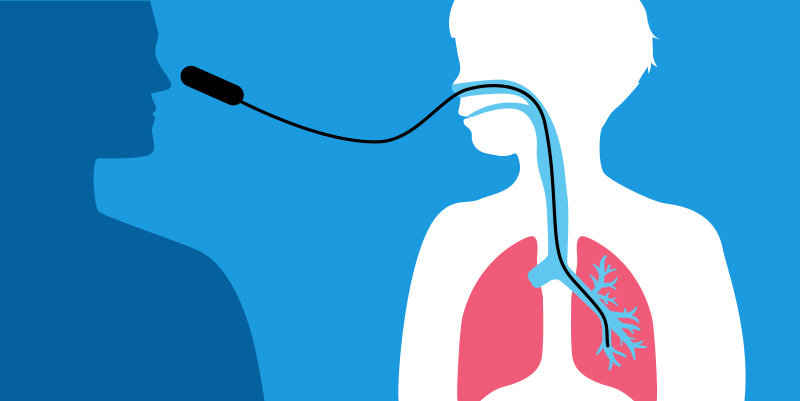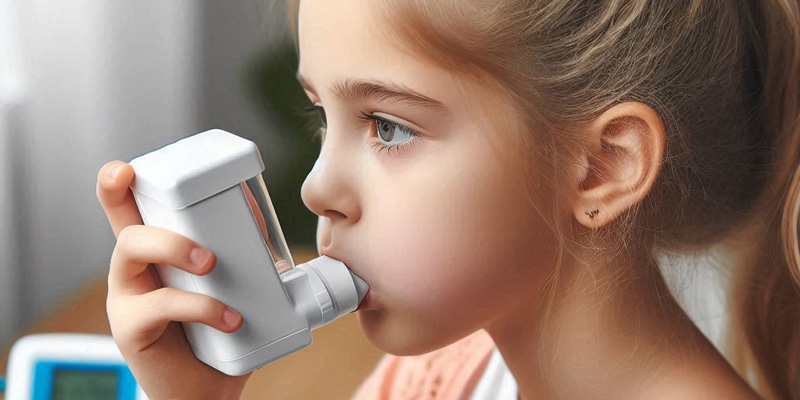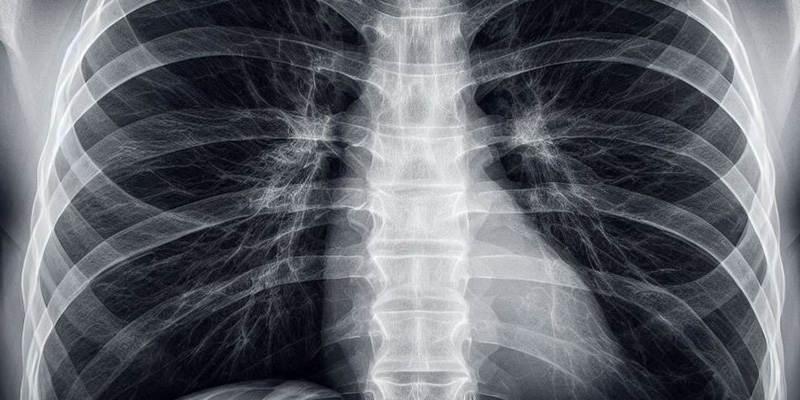
020 3815 6401
appointments@londonchildrenchestclinic.co.uk

"*" indicates required fields
020 3815 6401
Kevin, Medical Secretary
hello@londonchildrenchestclinic.co.uk
49 Marylebone High Street,
London W1U 5HJ
Professor Atul Gupta is a Consultant Paediatric Respirologist, who provides a range of clinical services for infants, children and young adults with breathing problems
020 3815 6401
Privacy Policy · Cookie Policy
© 2025 London Childrens Chest Clinic · Design by Ninja Beaver
Our website address is: https://londonasthmaclinic.com.
Information collected through the online forms on this site is sent to the clinic to facilitate your appointment and is subject to the same protections afforded to all our patients under the GDPR. Protections are in place to ensure that the forms are safe and secure.
If you have reason to login, we will set a temporary cookie to determine if your browser accepts cookies. This cookie contains no personal data and is discarded when you close your browser.
If/when you log in, we will also set up several cookies to save your login information and your screen display choices. Login cookies last for two days, and screen options cookies last for a year. If you select “Remember Me”, your login will persist for two weeks. If you log out of your account, the login cookies will be removed.
If you edit or publish an article, an additional cookie will be saved in your browser. This cookie includes no personal data and simply indicates the post ID of the article you just edited. It expires after 1 day.
Read more about our cookies here.
Articles on this site may include embedded content (e.g. videos, images, articles, etc.). Embedded content from other websites behaves in the exact same way as if the visitor has visited the other website.
These websites may collect data about you, use cookies, embed additional third-party tracking, and monitor your interaction with that embedded content, including tracking your interaction with the embedded content if you have an account and are logged in to that website.
We use Google Analytics to track visitors to the website. No personal information is collected, only browser type, country of origin and link referral type.
Your data is sent to the clinic where it may form part of your medical notes and will be afforded the same rigorous protections as all our data. We do not share data unless it’s legally necessary as part of your patient history.
For users that register on our website (if any), we store the personal information they provide in their user profile. All users can see, edit, or delete their personal information at any time (except they cannot change their username). Website administrators can also see and edit that information. We do not currently have any users other than the site administrator and have no current plans to do so.
If you have an account on this site, you can request to receive an exported file of the personal data we hold about you, including any data you have provided to us. You can also request that we erase any personal data we hold about you. This does not include any data we are obliged to keep for administrative, legal, or security purposes.
Weather changes can trigger asthma symptoms, as shifts in temperature, humidity, and air pressure affect the airways. Some key weather-related asthma triggers include:
To manage weather-related asthma, monitor forecasts, use air purifiers, and adjust outdoor activities based on conditions.
Illnesses, especially respiratory infections, can trigger asthma symptoms and worsen existing conditions. Common illness-related asthma triggers include:
Managing illness-related asthma triggers involves getting vaccinated, practicing good hygiene, and seeking early treatment for infections.1 2
Stress can trigger asthma symptoms, making it harder to manage the condition. When you’re stressed, your body releases hormones like cortisol and adrenaline, which can lead to inflammation in the airways and worsen asthma.1 Stress can also make you more sensitive to other triggers, such as allergens or infections.2
Some common stress-related asthma triggers include:
Managing stress is crucial for asthma control. Techniques like deep breathing, mindfulness, exercise, and relaxation strategies can help reduce stress-related asthma flare-ups.1
1 www.healthline.com 2 www.asthmaandlung.org.uk 3 www.webmd.com
Strong odors can trigger asthma symptoms, especially for individuals with sensitive airways. Common sources include perfumes, cleaning products, air fresheners, paint fumes, and industrial chemicals.1 These odors can irritate the respiratory system, leading to wheezing, coughing, shortness of breath, and chest tightness.2
Some key points:
To minimize exposure, opt for fragrance-free products, ensure proper ventilation, and avoid areas with strong chemical smells.
Air pollution is a major asthma trigger, affecting both indoor and outdoor environments. Pollutants like particulate matter (PM2.5 and PM10), ozone (O3), nitrogen dioxide (NO2), and sulfur dioxide (SO2) can irritate the airways, leading to inflammation and worsening asthma symptoms.1 2
Some key points:
To minimize exposure, check air quality forecasts, avoid high-traffic areas, use air purifiers indoors, and keep windows closed on high-pollution days.2
1 asthmafriend.com 2 www.asthmaandlung.org.uk 3 www.medicalnewstoday.com
Exercise can trigger asthma symptoms, a condition known as exercise-induced bronchoconstriction (EIB).1 This happens when physical activity causes the airways to narrow, leading to wheezing, coughing, chest tightness, and shortness of breath.2
Some factors that can make exercise-triggered asthma worse include:
Despite this, regular exercise is beneficial for asthma management, improving lung function and overall health.1 Using a reliever inhaler before exercise, warming up properly, and choosing low-impact activities like swimming can help minimize symptoms.4
1 www.healthline.com 2 www.mayoclink.org 3 onlinedoctor.superdrug.com 4 www.asthmaandlung.org.uk
Pets can be asthma triggers, especially for those with allergic asthma. The allergens come from pet dander (skin flakes), saliva, and urine, rather than fur itself. These particles can linger in the air and settle on furniture, making them difficult to avoid.1
Some key points:
1 www.asthmaandlunk.org.uk 2 asthma.ca 3 actdontreact.gsk.com
Allergies and pollen are major asthma triggers, especially for those with allergic asthma. When pollen from trees, grass, or weeds is inhaled, it can cause airway inflammation, leading to asthma symptoms like wheezing, coughing, and shortness of breath.
Some key points about pollen and asthma:
Food sensitivities can sometimes trigger asthma symptoms, though they are less common than other triggers like allergens or air pollution. Some foods that may contribute to asthma flare-ups include:
Certain medications can trigger or worsen asthma symptoms, so it’s important to be aware of them if you have asthma. Some common medication-related triggers include:
Dust mites and insects are significant asthma triggers, especially for those with allergic asthma. Dust mites are microscopic creatures that thrive in warm, humid environments and feed on dead skin cells. Their droppings and body fragments can trigger allergic reactions, leading to asthma symptoms like sneezing, congestion, and even severe attacks.1
Other insects, such as cockroaches, can also worsen asthma. Their droppings, saliva, and decomposed body parts contain allergens that may trigger respiratory issues.1
Smoking is a strong asthma trigger,1 whether firsthand (smoking yourself) or secondhand (being around smoke). Tobacco smoke contains thousands of chemicals, many of which irritate the airways and cause inflammation.1 This can lead to worsened asthma symptoms, increased attacks, and reduced lung function.1
Secondhand smoke is especially harmful for children with asthma, increasing their risk of severe symptoms and hospital stays.1 If you have asthma, avoiding smoky environments and quitting smoking (if applicable) can significantly improve your condition.2
"*" indicates required fields








